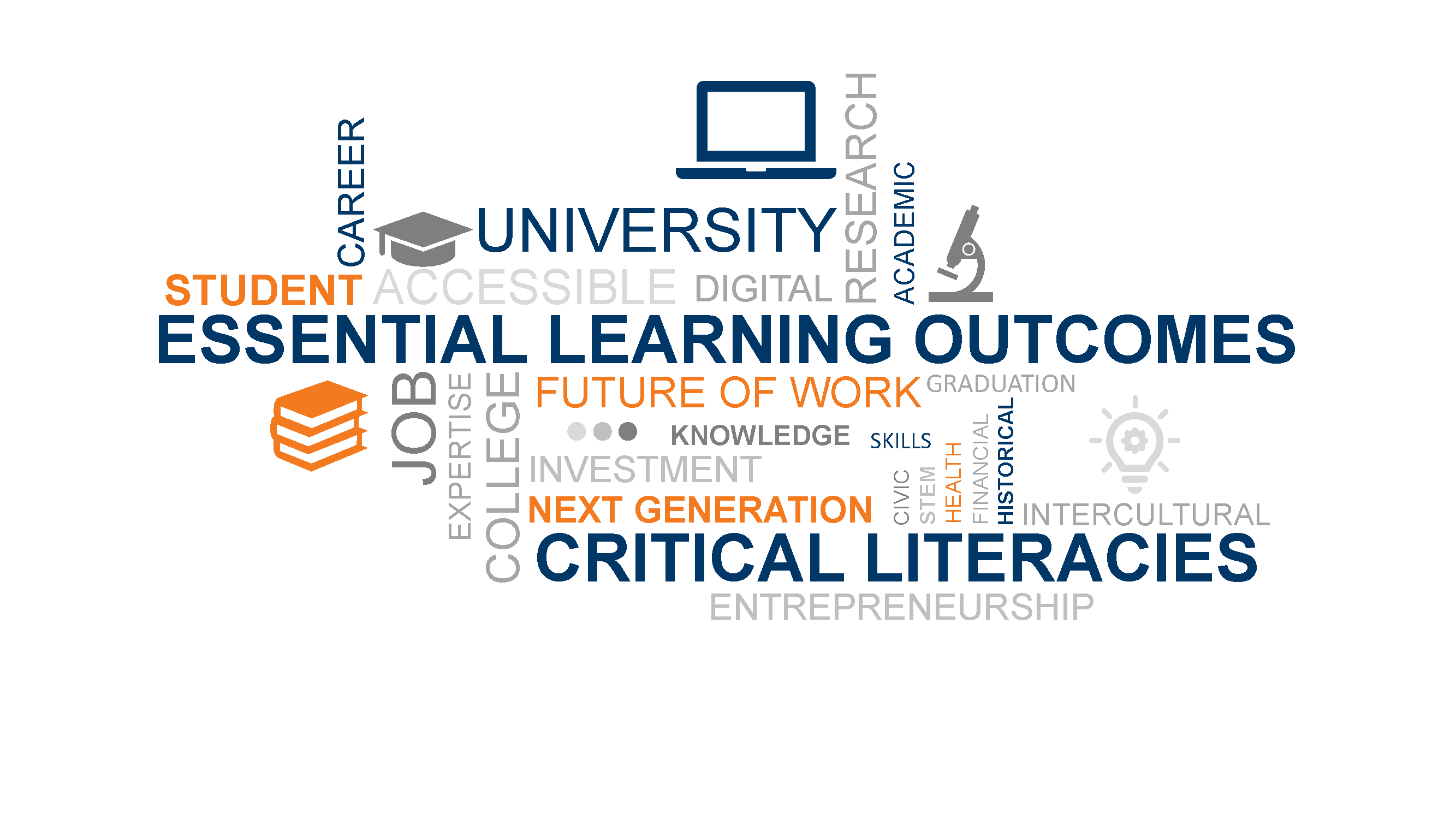The UT System works with internal and external partners to foster critical literacies in students across the P20 continuum.
What are these critical literacies?
- They are the transferable skills, knowledge, and abilities students need to navigate a complex, globally interdependent world.
- They allow graduates to move from one job to another over the course of their lifetimes and to be prepared for jobs that do not yet exist in the unfolding future of work—a future in which technology, artificial intelligence, demographic shifts, human migration and environmental changes will play enormous and still unknown roles.
- They are learning outcomes identified by educators and the workforce as essential—oral and written communication skills, quantitative literacy, critical and creative thinking, problem-solving, ethical reasoning, intercultural competence and the ability to work in diverse groups and across differences, among others.
- They include scientific literacy, civic literacy, digital and information literacy, quantitative literacy, health literacy, historical literacy, and financial literacy, among others.
UT institutions work to cultivate these literacies in and with their students across the full range of traditional and emerging academic disciplines, and through partnerships and programs in PK12 schools, communities, and business and industry across Texas.

As part of its Critical Literacies Project, the UT System is proud to support several cutting-edge initiatives that seek to instill and expand critical literacies in school and college.
- Careers in Chemistry: designed to help high schoolers better understand the impact chemistry has in our everyday lives, and how a chemistry degree provides transferable skills leading to a variety of rewarding careers.
- Chemistry is exploding with career opportunities, and Dr. Kate Biberdorf from the University of Texas at Austin—aka Kate the Chemist—wants to demonstrate how!
- Careers in Chemistry is a new game-based experience inside Minecraft: Education Edition aimed at showcasing chemistry-related career opportunities to high school students, featuring chemistry professor and science entertainer Dr. Kate Biberdorf.
- Learn more at: https://education.minecraft.net/lessons/careers-in-chemistry/
- Clio Vis: Visualizing Connections: Improving historical and digital literacy by engaging students more deeply in the study of history and other disciplines. MORE
- With Clio Vis, students learn to chart events chronologically and map them conceptually, illustrating connections along the way through the use of visualization software.
- ClioVis helps students better understand the materials they are studying, provides an intuitive way for them to organize their research and course materials, and makes it easy for them to present their findings to external audiences.
- ClioVis is a tool that encourages students to move beyond their disciplinary silos and connect their work and classroom training to tangible outcomes.
- While the software was developed for history courses, other disciplines are deploying it too, including biology, to chart steps, development and progress over time of various scientific and natural processes.
- Developed at the University of Texas at Austin by Dr. Erika M. Bsumek, Professor of History and Native American Indigenous Studies.
Careers in Chemistry and Clio Vis are underwritten by The University of Texas System as part of its work with UT institutions to develop quality prototypes and pathways enabling students from elementary school through university to cultivate critical literacies they will need to be successful in the knowledge economy.

